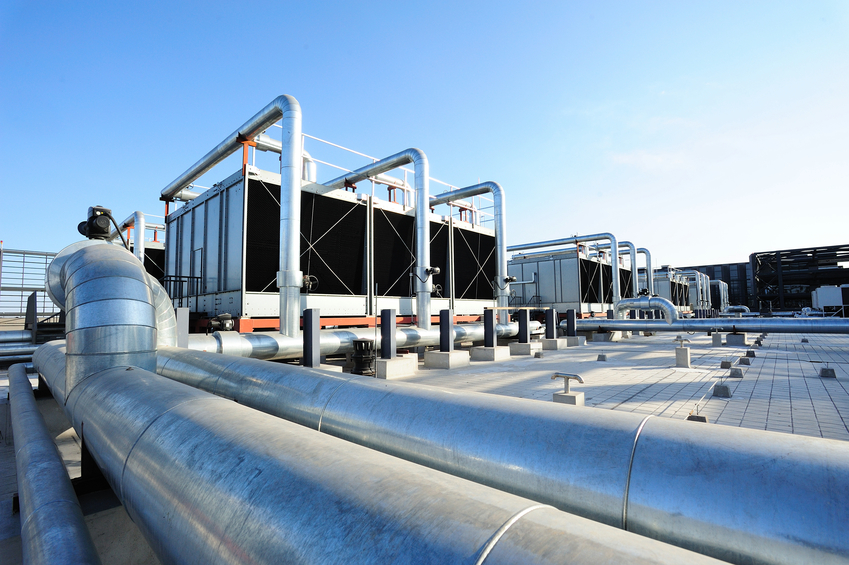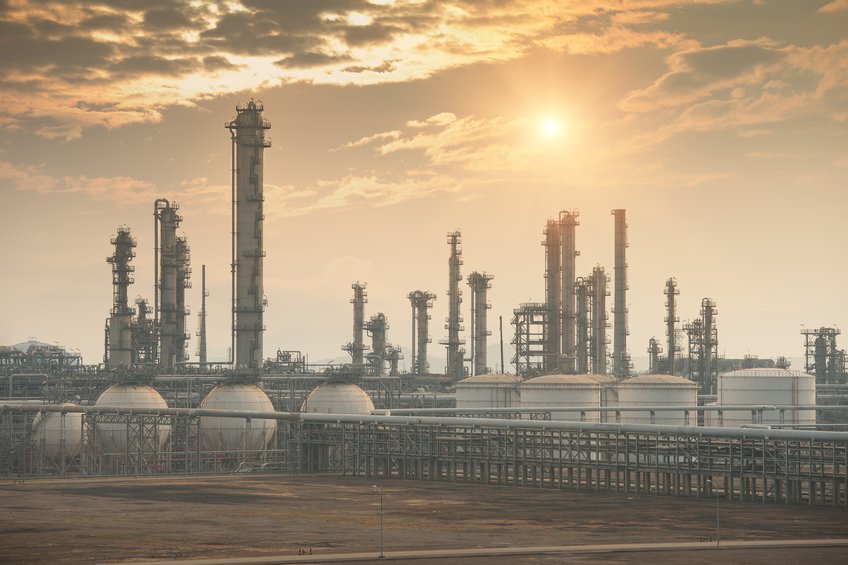Mechanical Systems and Equipment 12 PDH Discount Package
Courses in this Package
Modulating Condensing Fuel-Fired Boilers (M02-008)
Miscellaneous Mechanical Equipment (M05-001)
Steam Orifice Traps (M02-009)
An Introduction to Water Distribution System Appurtenances (M03-033)

This online engineering PDH course describes the benefits of using modular condensing boilers and water heaters along with the installation and maintenance considerations. In addition, the course explains about certifications, emissions, life-cycle costs and case studies using this technology.
A modulating/condensing fuel fired water heater or hydronic boiler can avoid losses associated, in conventional units, with cycling at less than full load and with un-recovered latent heat of water produced in the combustion process. A system which incorporates features that minimize cycling by modulating fuel and air flow to the combustor and that recover additional heat from condensing moisture in the flue gas stream can achieve reductions in fuel consumption, operating costs, and emissions.
This 2 PDH online course is applicable to mechanical engineers who work with systems involving fuel fired water heaters and boilers.
This PE continuing education course is intended to provide you with the following specific knowledge and skills:
- Benefits
- Applications
- Installation considerations
- Emissions
- Maintenance
- Life-cycle costs
- Case studies
In this professional engineering CEU course you will need to review the material contained in Modulating/Condensing Fuel-Fired Water Heater and Hydronic Boiler, DOE/EE-0171.
Upon successful completion of the quiz, print your Certificate of Completion instantly. (Note: if you are paying by check or money order, you will be able to print it after we receive your payment.) For your convenience, we will also email it to you. Please note that you can log in to your account at any time to access and print your Certificate of Completion.

This online engineering PDH course provides a fundamental understanding of the purpose, types and operation of various mechanical equipment that have widespread applications in many facilities. This equipment includes cooling towers, air compressors, hydraulic systems, boilers, demineralizers, pressurizers, steam traps, filters and strainers. In addition, this course describes the safety hazards associated with certain types of components.
This 5 PDH online course is applicable to mechanical and chemical engineers, nuclear facility operators, maintenance personnel, and other technical staff who are interested in gaining a better understanding of the operation of the different mechanical equipment.
This PE continuing education course is intended to provide you with the following specific knowledge and skills:
- Understanding various types of air compressors, operation and safety hazards.
- Understanding hydraulic system operation and safety hazards
- Familiarizing with boilers
- Learning the purpose of the cooling tower and its various types
- Understanding the purpose and types of deminerilizers
- Knowing the general description and operation of a pressurizer
- Learning the fundamentals of steam traps and their different types
- Distinguishing between filters and strainers and learning their different types
In this professional engineering CEU course, you need to review DOE-HDBK-1018/2-93, Volume 2, Module 5 "Miscellaneous Mechanical Components" published by the Department of Energy.
Upon successful completion of the quiz, print your Certificate of Completion instantly. (Note: if you are paying by check or money order, you will be able to print it after we receive your payment.) For your convenience, we will also email it to you. Please note that you can log in to your account at any time to access and print your Certificate of Completion.

This online engineering PDH course describes some of the basic steam trap selection and sizing considerations. These have an impact on the operation of the building HVAC steam system and likewise on the energy use of the building.
Making steam trap selection and sizing decisions requires a good understanding of not only the capacity requirements but also the operational requirements of the various types of steam traps available on the market. Advantages and disadvantages are associated with each type of steam trap.
This 2 PDH online course is applicable to mechanical engineers who design or work with steam systems and want to understand the advantages and disadvantages associated with the types of traps covered in this course material.
This PE continuing education course is intended to provide you with the following specific knowledge and skills:
- Steam trap classification
- Operational characteristics
- Orifice steam traps
- Conventional steam traps
- User experiences
- Additional needed information for steam trap applications
In this professional engineering CEU course, you need to review the material contained in the Guide to Orifice Plate Steam Traps published by the National Technical Information Service.
Upon successful completion of the quiz, print your Certificate of Completion instantly. (Note: if you are paying by check or money order, you will be able to print it after we receive your payment.) For your convenience, we will also email it to you. Please note that you can log in to your account at any time to access and print your Certificate of Completion.

This online engineering PDH course provides guidance for the operation and maintenance of various types of water distribution system appurtenances. Discussed herein are valves and hydrants; flow, pressure and level sensors; transmission systems; indicators, registers and recorders; water meters, weirs and flumes; and backflow devices.
This 3 PDH online course is intended for civil engineers and other design and construction professionals seeking an introduction to best practices for the operation and maintenance of water distribution system appurtenances.
This PE continuing education course is intended to provide you with the following specific knowledge and skills:
-
Learning about the recommended operation and maintenance procedures and schedules for valves and fire hydrants
-
Learning about the recommended operation and maintenance procedures and schedules for flow, pressure and level sensors
-
Learning about the recommended operation and maintenance procedures and schedules for data transmission systems
-
Learning about the recommended operation and maintenance procedures and schedules for flow indicators, registers and recorders
-
Learning about the recommended operation and maintenance procedures and schedules for water meters and other flow measuring devices
-
Learning about the recommended operation and maintenance procedures and schedules for cross-connection control devices
-
Learning about the inspection procedures of backflow devices
In this professional engineering CEU course, you need to review the course document titled, "An Introduction to Water Distribution System Appurtenances".
Upon successful completion of the quiz, print your Certificate of Completion instantly. (Note: if you are paying by check or money order, you will be able to print it after we receive your payment.) For your convenience, we will also email it to you. Please note that you can log in to your account at any time to access and print your Certificate of Completion.